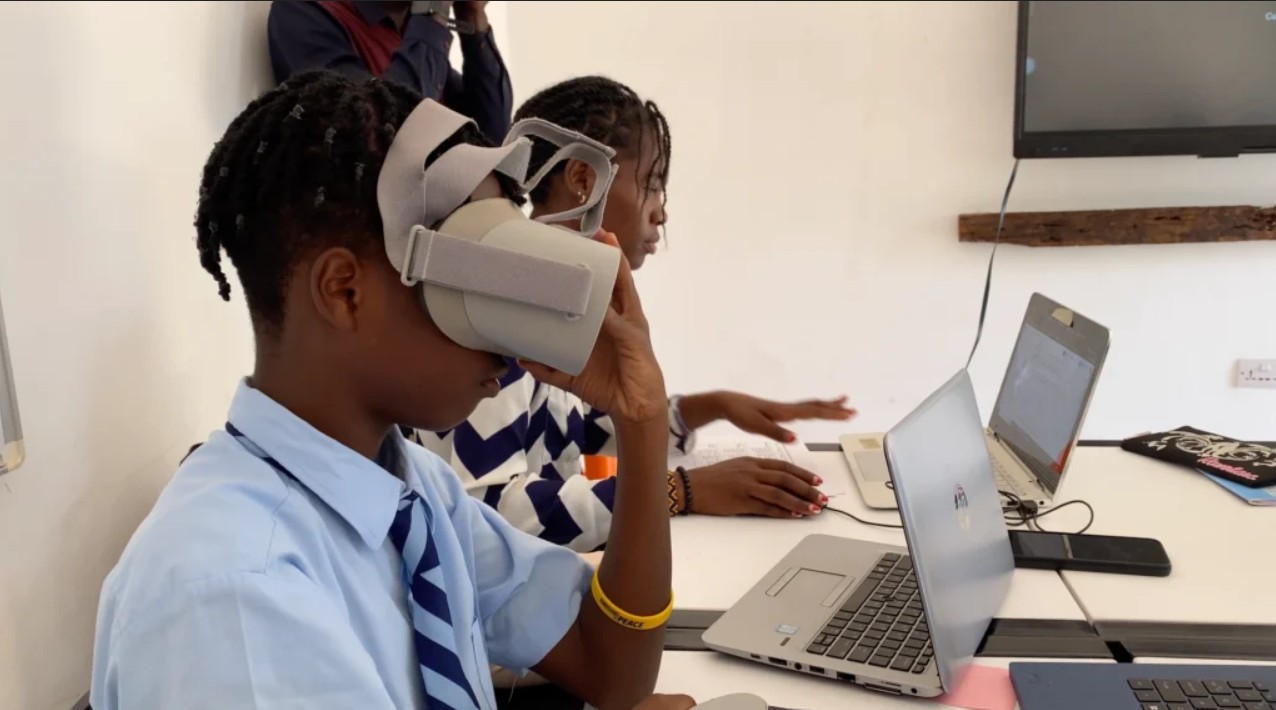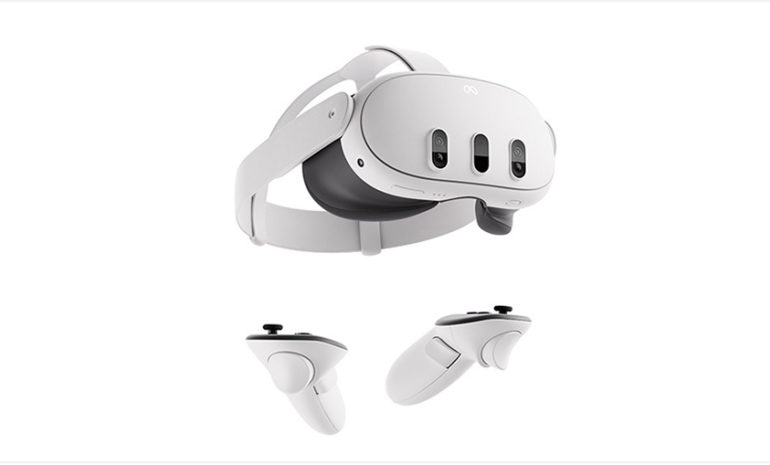Education is no longer what it used to be. Across the world, classrooms are shifting away from chalkboards and rote memorization to technology-driven, hands-on learning. One of the most exciting tools in this transformation is Virtual Reality (VR).
For Nigerian schools, VR isn’t just another tech buzzword. It’s a chance to make learning richer, more practical, and more aligned with the demands of a fast-changing job market.
Learning Beyond the Page
Picture this: instead of reading about the solar system, students put on a VR headset and fly past each planet on a guided tour. Or think of a biology lesson where learners walk through the chambers of the human heart and watch blood flow. These experiences don’t just make lessons fun — they make them stick.
For schools that struggle to fund advanced laboratories, VR can be a game-changer. Students can run chemistry experiments, test engineering concepts, or explore mechanical systems — all without worrying about cost, safety, or limited resources.
Building Practical Skills Early
VR isn’t just about making theory interesting. It’s about giving students a head start. Nursing students can practice taking vital signs or inserting IV lines in a risk-free environment. Technical college students can learn to operate complex equipment virtually, so they’re confident before they ever touch the real thing.
By the time they graduate, these young people don’t just know what to do — they’ve already done it, virtually. That’s a huge edge in any competitive job market.
Leveling the Playing Field
VR can also close gaps that have existed for decades. Rural schools may not have access to field trips, visiting experts, or expensive science equipment, but with VR, they can still offer students world-class exposure.
Students can take a virtual tour of the pyramids of Egypt, explore the NLNG Bonny Terminal or the Dangote Oil Refinery, or learn lifesaving first-aid techniques — all without leaving the classroom.
Preparing Students for the Future of Work
Around the world, industries like healthcare, construction, energy, and manufacturing already use VR to train workers and improve safety. If Nigerian students get familiar with this technology early, they won’t just keep up — they’ll lead. They’ll graduate tech-savvy, adaptable, and ready for jobs that don’t even exist yet.
A Call to Lead, Not Follow
The question isn’t whether VR belongs in our schools. It’s whether we’ll embrace it quickly enough to stay ahead. Private and public institutions have an opportunity right now to lead — by adopting local VR solutions, working with companies like Insightful3d Studio, and building classrooms where students are truly prepared for the future.
Those who act today will shape graduates who can thrive in industries being transformed by technology — not in some distant future, but starting now.


